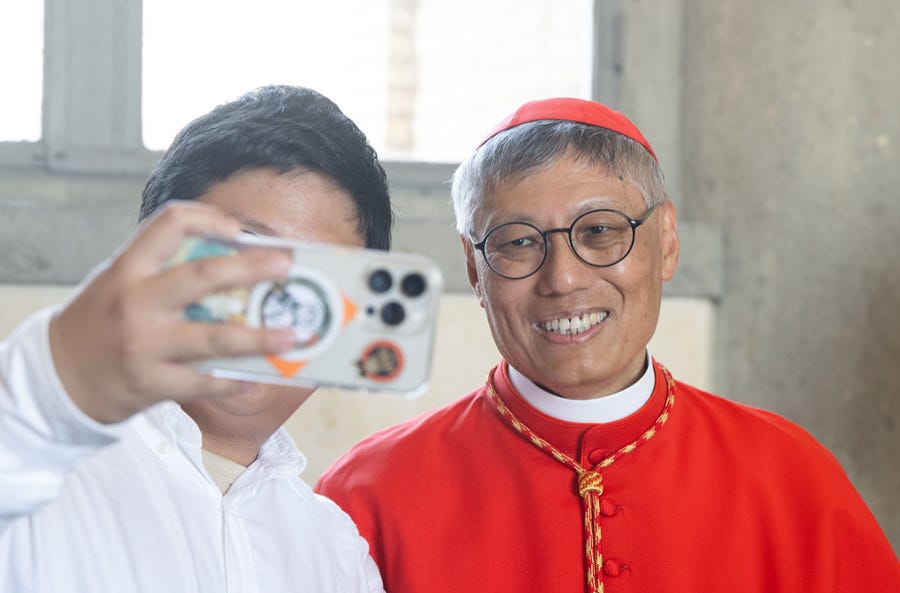Hong Kong cardinal: Tiananmen massacre left ‘deep wound’
Cardinal Stephen Chow has said the massacre 'remains a sore spot that requires proper attention for healing' ahead of the June 4 anniversary
Hong Kong’s Cardinal Stephen Chow said that the Tiananmen Square massacre “left a deep wound,” in an article written ahead of the event’s 35th anniversary.

In a May 30 column in the Sunday Examiner, the Diocese of …
